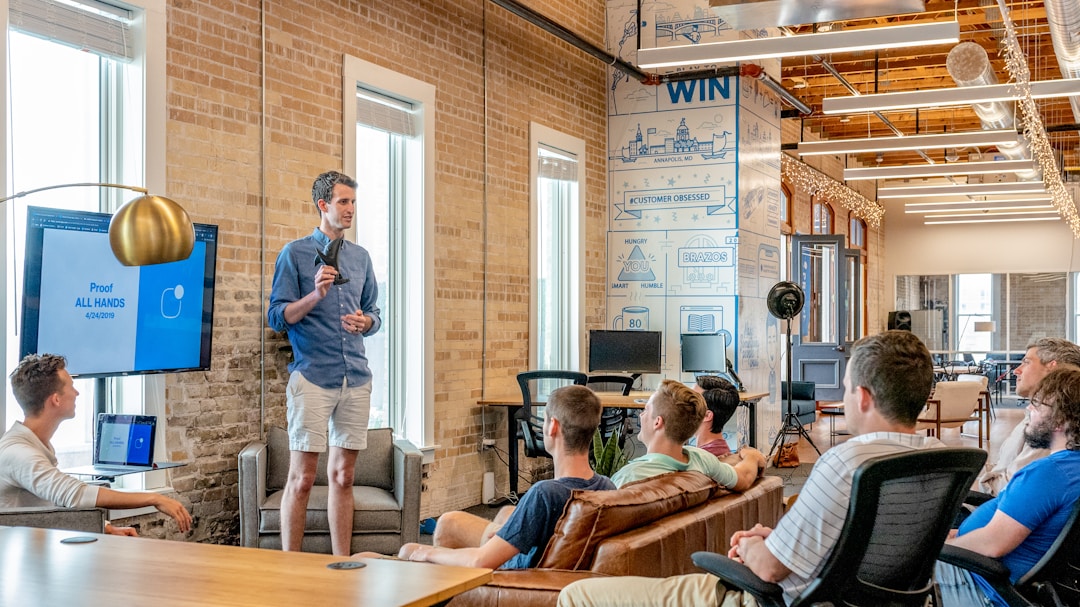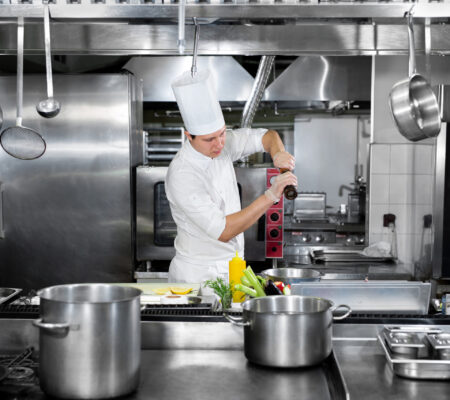Getting a new restaurant off the ground can be quite challenging, irrespective of being a franchise or a fresh startup. The truth is, a lot of work goes into starting a restaurant business—financially, physically, and mentally. So, while people may be expecting physical and mental stress, the financial requirements often come as a shock.
Admittedly, the cost of starting a restaurant can vary remarkably; however, they’re typically expensive. So, to help prospective restaurateurs understand the financial implications of starting a restaurant business, here are seven reasons why starting a restaurant can be so expensive.
Professional Services

It’s not advisable for first-time restaurateurs to dive into the business without getting some assistance, especially from professionals. Many experienced restaurant owners will tell you that one of their biggest mistakes was believing they could do it all independently.
Soliciting expert advice and assistance from professionals like lawyers, financial advisors, accountants, and designers, can go a long way to ensure your restaurant develops on solid foundations. Besides, you’ll be saving yourself a truckload of stress and unwarranted expenses by using experts to ensure that whatever needs to be done is done right the first time.
Furthermore, the restaurant business is service-oriented, and compromising on professional skills can cause more harm than you can imagine. For instance, a business in the beauty industry, like a salon or spa, would need a barber, nail technician, cosmetologist, and esthetician who’s well trained in the field of cosmetology.
So, it’s better to employ someone who has undergone a cosmetology program or at least a cosmetology student to handle tasks like pedicures, nail care, and skin care. That’s because entrusting clients’ manicure or haircut needs into the hands of unqualified persons can cost you more than bargained and ruin your business reputation before it even begins.
Personal Development
We’re just going to put it out there, a passion for cooking is not enough to keep a restaurant business up and running, let alone make it successful. Many restaurant owners understand this, so they’re willing to spend money on tuition fees to gain the necessary knowledge, which contributes to the cost of starting a restaurant.
Admittedly, a restaurant owner can choose to be a passive or an active owner. Still, regardless, the owner must have some sort of knowledge and work experience within the industry, whether it’s a high school diploma, a bachelor or master’s degree, or an internship in the industry.
As more restaurant owners become aware of the importance of formal education in entrepreneurship, many of them are returning to school or signing up for one associate degree program or the other. For instance, environmental sustainability management is fast becoming a concern for business owners across different industries, and as such, more entrepreneurs are investing in sustainability studies.
As a savvy restaurant owner, you can opt for an MBA or a masters in sustainability degree as part of your career development. Here, you’ll be taught organizational leadership skills through the lens of sustainability, from sustainable food systems to sustainable practices, problem-solving skills, and sustainable management.
Marketing and Sales

Depending on the kind of restaurant, the cost of marketing and sales can differ. For instance, while a franchised restaurant will likely have its marketing sales team already sorted, a new restaurant will need to invest in intense promotion and public relations costs. This could involve paying a PR agency or advertising agency.
Furthermore, building a sales team from the ground up is no easy feat—financially and physically—especially in today’s business world. For starters, you’ll need to integrate information technology into your customer support services to ensure that your business is accessible and customer satisfaction is achieved.
An excellent place to start is ensuring that your help desk and IT team have the necessary skills and experience required for the role. They can get these skills by registering for a certificate program like a computer support specialist program that teaches how to work in a virtual environment and good communication skills.
It’s almost unavoidable to start a restaurant without creating a budget for marketing and sales. Besides, many restaurant owners spend a lot of money here, especially in the beginning stages. As a new restaurant, you’ll need to put in twice the effort to stand out from the sea of other restaurant businesses.
Remodeling and Equipment
Outfitting a restaurant s another area that bumps up the cost of starting a restaurant. An existing restaurant owner may not spend so much on getting equipment, but they are likely to spend on remodeling and fixing worn-out areas. However, as a new restaurant owner, these costs are unavoidable as you’ll be starting everything from scratch.
From the dining area to the kitchen, restrooms, and the backend offices, you’ll need to create a budget that reflects all the furnishing, lighting, flooring, and equipment expenses. It’s imperative that your restaurant is well furnished and fitted with the right equipment and fixtures that’ll improve the business’ efficiency and ambiance.
Remember that your equipment expenses aren’t only limited to cooking equipment. There is ventilation equipment like air conditioners, security equipment, and warehouse equipment like the lift truck fork replacement, shank, and shears for inventory and material handling in the warehouse, like lifting a heavy load from one location to another.
Running Expenses

Besides the cost of setting up the restaurant, there’s also the cost of running it. This includes the food, drinks, and payment services. In many cases, restaurant owners forget to budget for these expenses, but they also contribute to why starting a restaurant can be expensive.
For starters, food is literally the meaty middle of your business. Therefore, you’ll need to ensure that you have all the necessary ingredients to make them and avoid running short of food. Remember that you’re a new restaurant and most customers will be first-timers so you should avoid embarrassing situations as this can leave a lasting negative impression on your customers.
In addition, another running cost that adds up is technological costs. You’ll need to maintain bookkeeping and point of sale systems. This would involve buying electronics, devices, receipt papers, and spending on software management services. To save in this area, make sure you compare software prices and check your WiFi options to ensure that you are settling for the best services within your budget.






